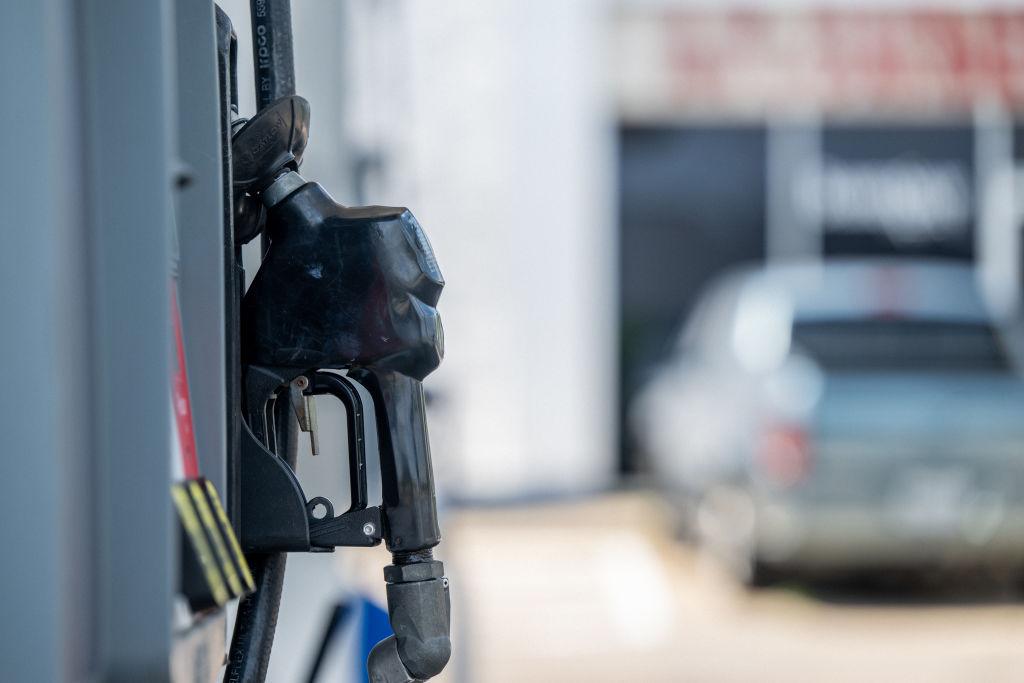Concern that the United States is sliding into a recession has jolted oil traders after the Federal Reserve’s historic rate increase last week.
Crude oil was trading around $110 per barrel in the U.S. market on June 20, down from more than $117 on June 16 and around $123 two days prior. The slump has begun to translate into slightly lower prices at the gas pump with a gallon of regular gas dropping to an average of $4.98 after hovering above the $5 mark since mid-June.





